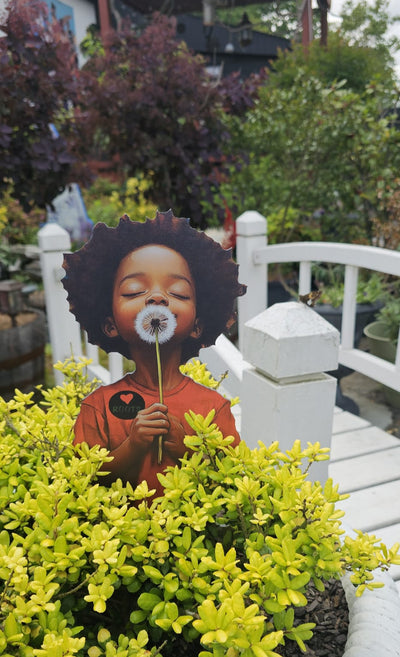BAIA BITS: William Elijah Smith
BAIA BITS
Karamu House. Founded in 1915, the legendary arts institution originally known as the “Playhouse Settlement” and located at the intersection of 38th Street and Central Avenue in Cleveland, Ohio would later relocate to East 89th Street and take on the Swahili name, Karamu, or a “joyful gathering.” Karamu House is commonly recognized as the nation’s oldest African American theater.
In the 1930s, amidst the Great Depression, the Playhouse served as a haven for youth of all races in need of stability and artistic expression. It was an ideal place for William Elijah Smith, a struggling African American teen who’d lost his mother, was estranged from his father, and lived in abject poverty. Upon meeting Playhouse founders, Rowena and Russell Jelliffe, Smith’s life would change as the couple supported him financially and encouraged his artistic development. The teen soon discovered the process of printmaking and began showing his work at the Cleveland Artists Exhibitions at the Cleveland Museum of Art.

William E. Smith, We Shall Overcome, Linocut, framed 20 1/2 x 20 1/2 in. (52.1 x 52.1 cm); image 13 x 13 in. (33.0 x 33.0 cm), Courtesy of William Watson Hines, New York, New York
Along with his ongoing involvement with the Playhouse, Smith studied at the John Huntington Polytechnic Art Institute in Cleveland in the late 1930s on a five-year scholarship named for famous Black actor, Charles Gilpin. As part of Karamu Artists Incorporated, Smith and a group of colleagues including the likes of Hughie Lee-Smith, Fred Carlo, and Elmer W. Brown exhibited their artwork in Ohio and across the nation. This included a major debut on January 7, 1942 with Associated American Artists in New York where First Lady Eleanor Roosevelt served as the Honorary National Chairman.
During World War II, Smith joined the army and is reported to have served with an all-Black regiment that participated in the famous mission in France known as the “Red Ball Express.” In 1944, the soldier-artist participated in a GI art contest and won a trip to Paris. At war’s end, Smith enrolled at the Cleveland School of Art before relocating to Los Angeles in 1950 to be near his sister upon the death of his brother. While working nights in the sign division of Lockheed Aircraft, he attended the Chouinard Art Institute and taught classes from his studio. During this period, he cofounded the Black Artists’ Gallery, the first Los Angeles gallery devoted specifically to African American art. He exhibited his own work there and then later through the city’s Afro-American Art Exhibit and at the Florenz Gallery in Hollywood.

William E. Smith, Fatigue (Poverty and Fatigue), Linocut, framed 17 1/4 x 16 in. (43.8 x 40.6 cm); image 9 3/4 x 9 in. (24.8 x 22.9 cm), Courtesy of William Watson Hines, New York, New York
In 1960, Smith cofounded Art West Associated, a professional organization of Black artists that promoted their work and influence. In the 1970s, he published illustrations of prominent figures from African American history for Cleveland’s New Day Press. And in 1976, Karamu House presented a retrospective of Smith’s work, From Umbrella Staves to Brush and Easel.
Though disputed, it is believed that William Elijah Smith died in 1997. What’s not disputed is his legacy, given his friend, poet Langston Hughes, once characterized Smith’s art as the “humor and pathos of Negro life captured in line and color.”
BAIA BITS are produced in part by the generous support of our Patreon members with a special shout out to Zadig & Voltaire.
START COLLECTING ART
Browse and shop for fine art from our growing network of artists, collectors, estates, galleries — specializing in works by Black American artists with great values on premier art. Shop For Art Now
























